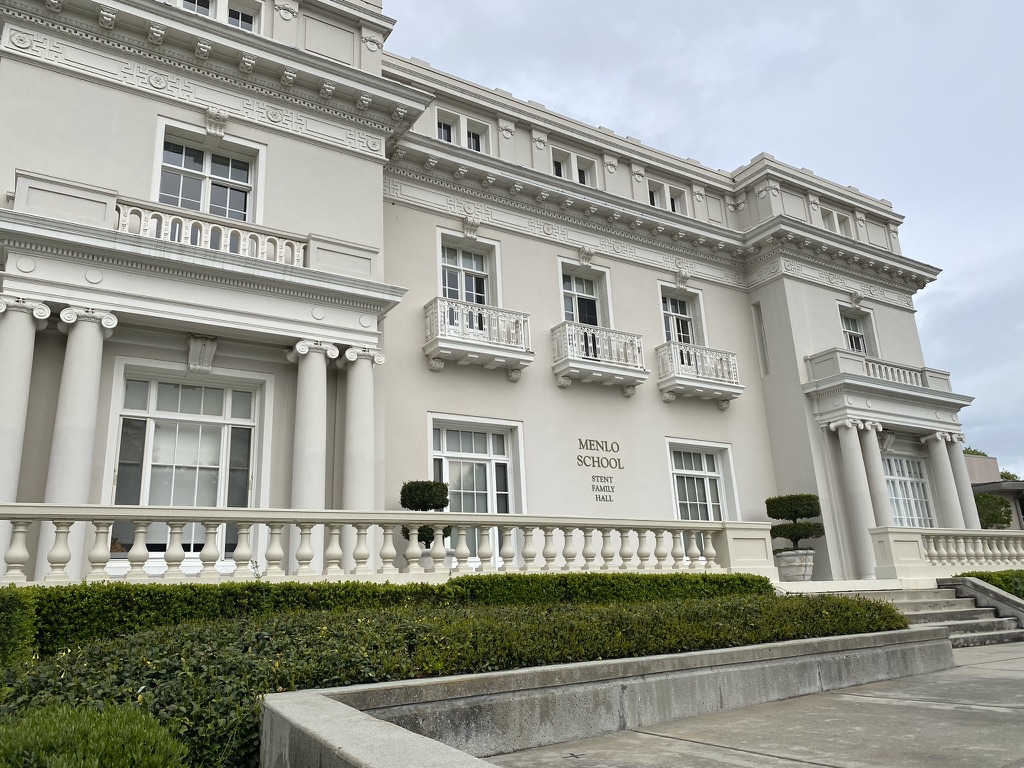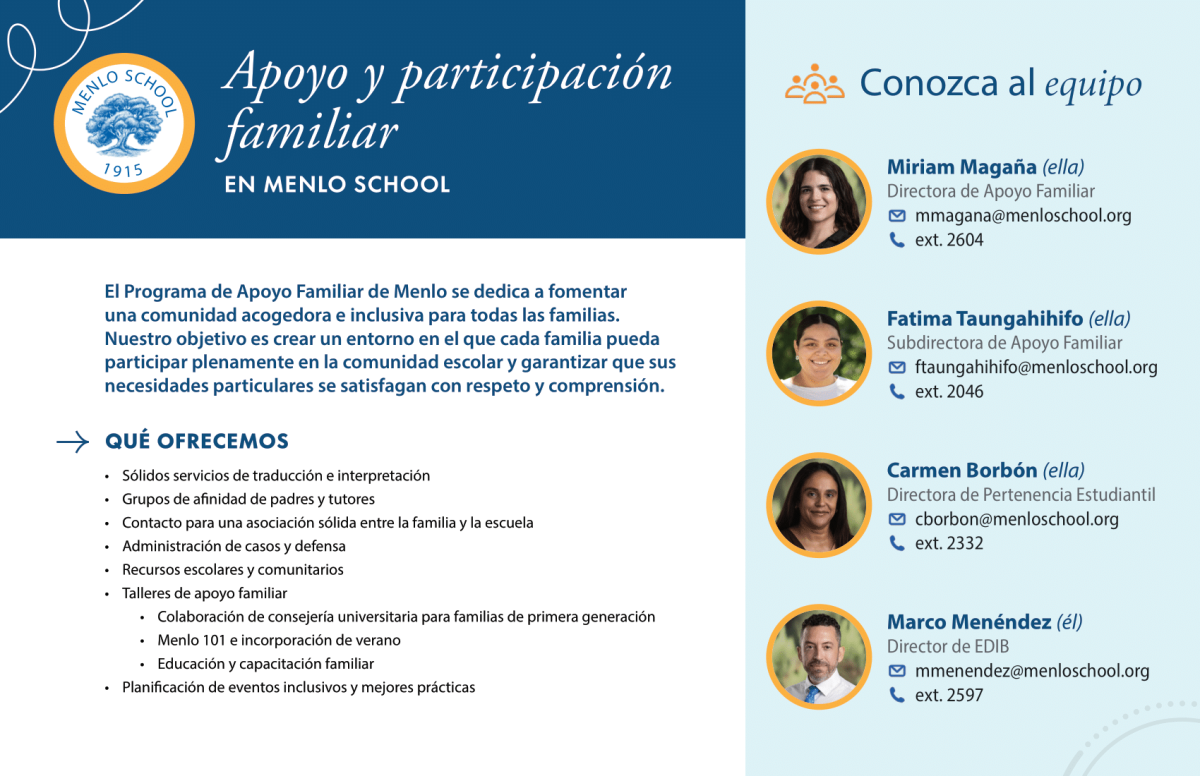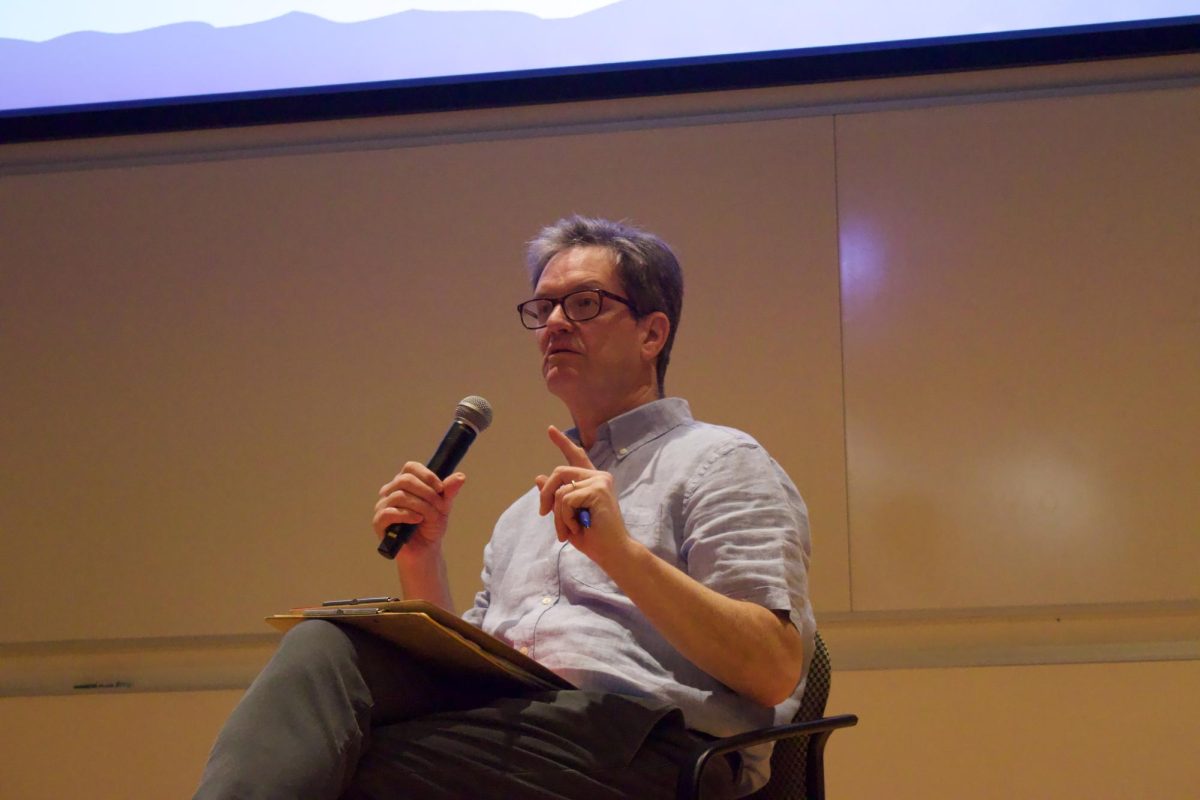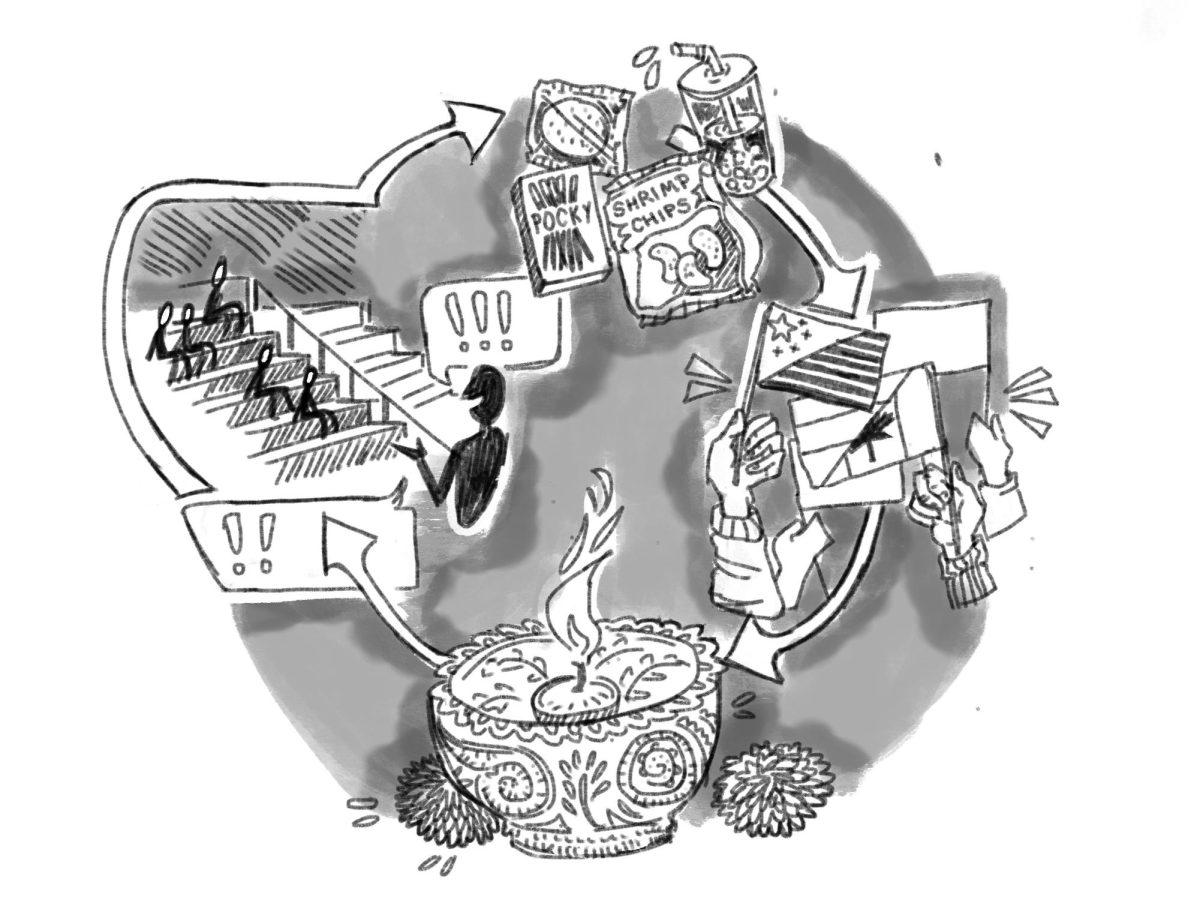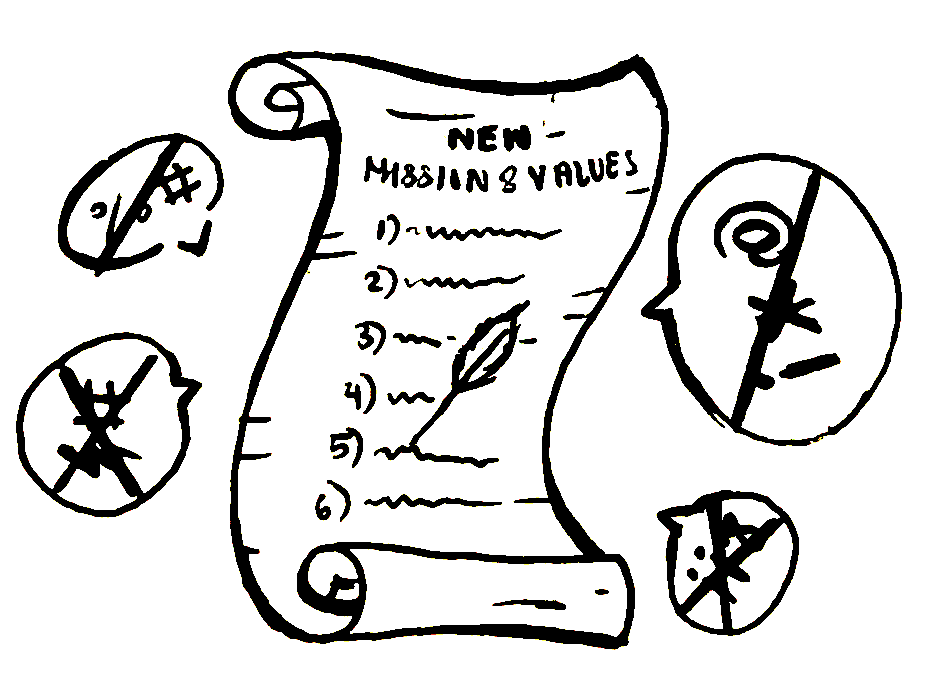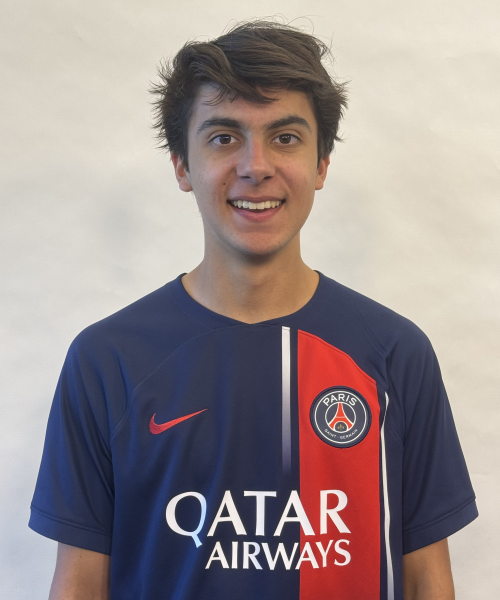Senior administrators announced a crackdown on “unacceptable language” in class meetings on Friday, March 15 following the expulsions of two freshmen for repeated racist language and conduct, according to Upper School Director John Schafer. “We’ve got to reset the boundaries here — the expectations of how we talk to each other, how we behave on campus and so forth — because we feel that we’ve gone in the wrong direction,” Schafer said in an interview with The Coat of Arms.
He added that the fact that this happens at Menlo is “shocking” to him. “It’s so contrary to the story I tell myself about the school,” Schafer said.
Senior and Black Student Union President Aaliyah Sanders said that she and other BSU members also think racism has gotten worse over the years. “Nothing like this had ever really happened like back to back to back,” she said.
She also expressed disappointment at the fact that the administration has yet to reach out to the BSU to discuss the events and see how members are feeling. “I think we feel disrespected and unheard as a community,” Sanders said.
Head of School Than Healy explained three primary goals of the class meetings: one, to reestablish that the school does not tolerate bigoted language (including racism and sexism); two, to empower what he hopes is the majority of students that don’t want this language being used; and three, to help those targeted or hurt by this behavior to know that the adults have their back.
In the class meetings, Healy, Schafer and Upper School Assistant Director Adam Gelb said they felt “ashamed” to be leaders at the school amidst this uptick in racist incidents. “Clearly I’ve contributed to creating an environment where that kind of stuff is acceptable, and that, I think, deserves some introspection about: ‘am I doing the right thing here?’” Healy said in an interview with The Coat of Arms.
Schafer said there have been “numerous” convenings of the disciplinary committee — a board that investigates cases of student misconduct and recommends consequences — in the past year for less egregious cases of racism. He noted that playing music on the quad speakers with racial slurs or posting slurs on social media is grounds for disciplinary action, but he added that expulsion is used in only the most extreme cases.
“What triggered [the expulsions] was more than one event where students acted so inappropriately, not just verbally but also physically, that it was just so clearly out of bounds,” Schafer said.
Both Healy and Schafer noted that this increase in reports of bigoted language does not only apply to Menlo but also to other high schools across the Peninsula. “I’m sure social media contributes to this. And there’s probably some way that the pandemic contributes to this,” Healy said.
However, Healy noted that the most driving factors of this uptick remain elusive. “I just know that this is what we’re seeing, [and] it just can’t continue,” he said. “I think there’s a lot of focus on the N-word and some of the discipline stuff that has happened, but the truth is there’s an environment that exists in which those acute situations were allowed.”
Schafer explained that through disciplinary action and messaging to the school, the administration wants to make clear what the expectations are for Menlo students. “I think the bottom line is, and why we’re approaching it the way we’re approaching it, is students have lost a sense of the boundary,” Schafer said. “So we’re re-establishing the boundaries of what’s in bounds [and] what’s out of bounds.”
The Coat of Arms will continue its coverage of non-inclusive language and conduct and the reactions of community members in an upcoming print edition that will be published on April 26.



